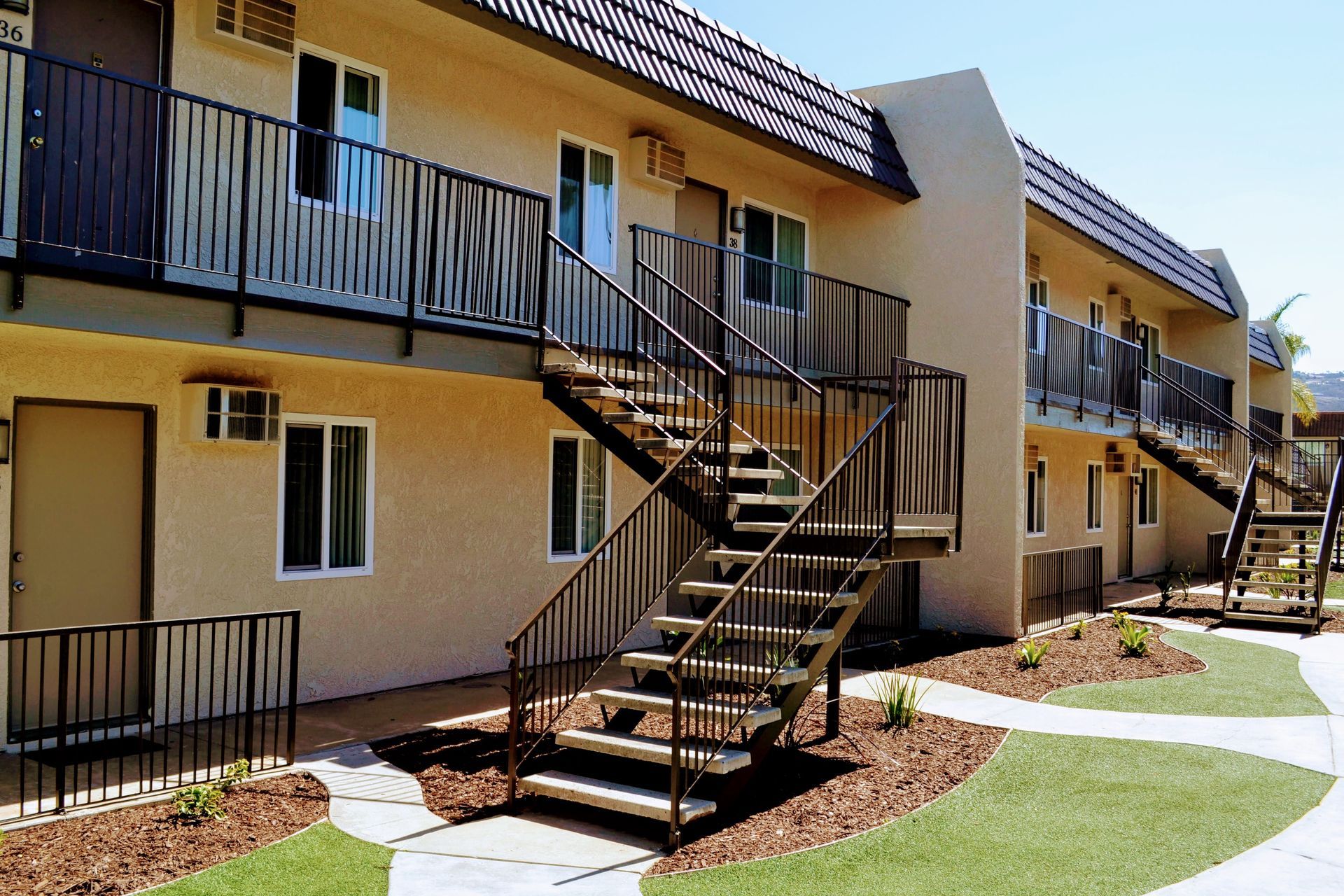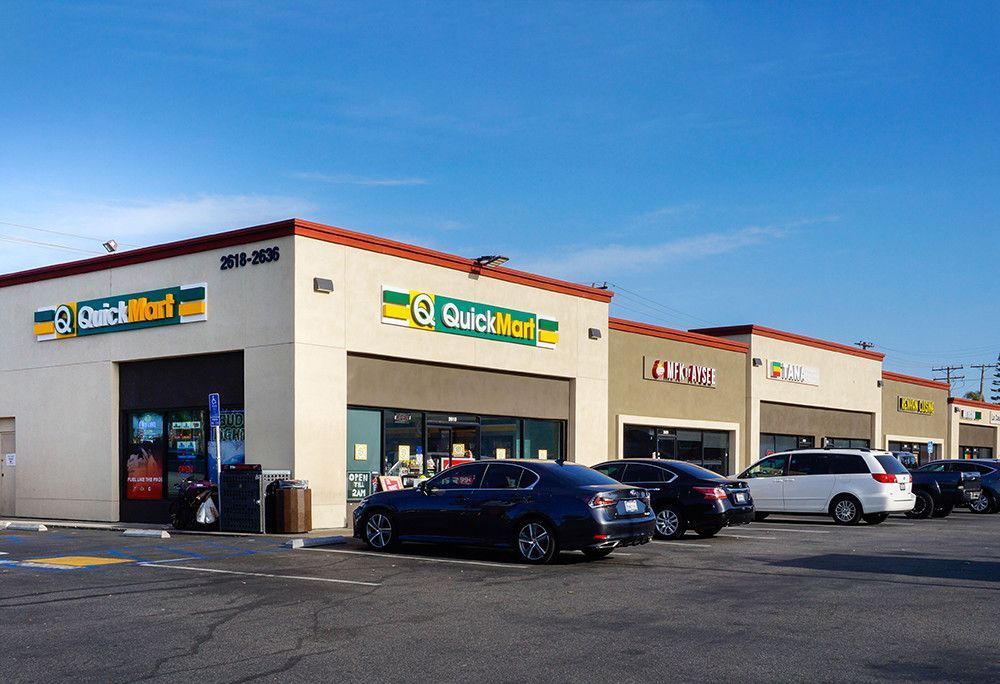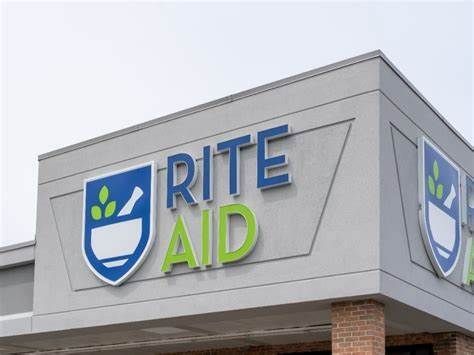What is happening with Property Insurance Costs?
The surge in property insurance premiums in California is more than a mere inconvenience; it's a significant financial burden that property owners and investors must navigate carefully. This guide aims to delve deep into the various factors contributing to this trend, the implications for property owners and investors, and strategies for mitigating the impact.
Factors Driving Rising Property Insurance Costs
The Climate Change Factor: More Than Just a Buzzword
Climate change is not just an environmental issue; it's a financial one that's affecting insurance premiums. The increasing frequency of wildfires, floods, and other extreme weather events have led insurance companies to reevaluate their risk assessments. This has resulted in higher premiums as insurers seek to offset the increased risk of property damage.
Natural Disasters: The Immediate and Long-term Costs
California's vulnerability to natural disasters like earthquakes, wildfires, and floods has a direct and immediate impact on insurance costs. These events result in massive claims, forcing insurance companies to increase premiums to maintain their financial health. Moreover, the long-term costs of these disasters, such as infrastructure damage and increased maintenance, add to the upward pressure on premiums.
Regulatory Changes: A Double-Edged Sword
While regulations aim to protect consumers and maintain market stability, they also come with costs. Stricter building codes, zoning laws, and other regulations mean higher compliance costs for property owners. These costs are often passed on to consumers in the form of increased premiums, further driving up the cost of property insurance.
The Frequency and Severity of Claims: A Vicious Cycle
An increase in the number and severity of insurance claims has put additional strain on the insurance industry. This has led to a cycle where insurance companies are forced to increase premiums to offset the higher payout ratios, affecting both residential and commercial property owners.
Understanding the Impact on Property Owners
The Bottom Line: Profitability Takes a Hit
Higher insurance premiums can significantly impact the profitability of real estate investments. Property owners may find themselves in a financial crunch, having to balance higher costs with rental income and property valuations. This could lead to difficult decisions, such as whether to pass on the costs to tenants, which could result in higher vacancy rates.
Mitigation Strategies: More Than Just Shopping Around
While shopping for better rates is always advisable, property owners can also adopt various other strategies to mitigate these costs. These include improving property conditions to qualify for lower premiums, bundling insurance policies for multiple properties, and even considering self-insurance for certain types of risks.
Navigating Insurance Challenges for Investors
Risk Assessment: An Integral Part of Investment Decisions
For investors, the rising cost of insurance is a critical factor in the overall risk assessment of a property. Understanding these costs is essential for making informed investment decisions, especially when calculating the potential return on investment (ROI).
Comprehensive Coverage: A Necessity, Not a Luxury
Investors should consider comprehensive landlord insurance that covers a wide range of potential risks, from property damage to loss of rental income. This is especially important in a market where the cost of individual coverage types is rising.
Proactive Risk Management: An Ounce of Prevention
Investors can also mitigate risks through proactive strategies like regular property inspections, installing safety features like fire alarms and sprinkler systems, and maintaining up-to-date records. These measures can help in negotiating lower premiums with insurance providers.
Navigating Complexity
The Growing Web of Regulations
The increasing complexity of city, county, and state-level regulations poses a significant challenge for property owners. From rent control laws to building codes, the regulatory landscape is becoming increasingly difficult to navigate. This complexity can deter individual landlords from investing in property maintenance or new development projects, leading to a decline in the quality of housing stock.
The Rise of Institutional Ownership
As regulations become more complex, individual property owners may find it increasingly difficult to comply, leading to a rise in institutional ownership. Large real estate investment trusts (REITs) and private equity firms, with their resources and expertise, are better equipped to navigate this complex regulatory environment. This could lead to a significant shift in property ownership patterns, affecting local communities and potentially driving up rents.
The Road Ahead
The rising cost of property insurance in California is a multifaceted issue with no easy solutions. However, by understanding the dynamics at play and adopting a strategic approach, property owners and investors can navigate this challenging landscape more effectively. As we look to the future, it's crucial to stay informed, consult with experts, and consider innovative solutions to mitigate the impact of rising insurance costs. This is not just about the here and now; it's about safeguarding your long-term investments and the financial health of the real estate market at large.
FAQs
Why are property insurance costs increasing in California?
- Multiple factors such as climate change, natural disasters, and regulatory changes are driving up insurance costs.
How do rising insurance costs impact property owners and investors?
- Increased premiums can affect profitability and make real estate investments less attractive.
What challenges do property owners face in managing insurance costs?
- Balancing higher premiums with rental income and property valuations can be challenging.
What strategies can property owners and investors adopt to mitigate the impact of rising insurance costs?
- Strategies include improving property conditions, bundling insurance policies, and exploring alternative risk management options.
Property Management Made Easy
Contact Us - Contact Page
We will get back to you as soon as possible
Please try again later
Los Angeles
1411 W. 190th St.,
Suite 225
Los Angeles, CA 90248
Temecula
41743 Enterprise Circle N.,
Suite 207
Temecula, CA 92590

P.O. BOX #1489
TORRANCE, CA 90505








